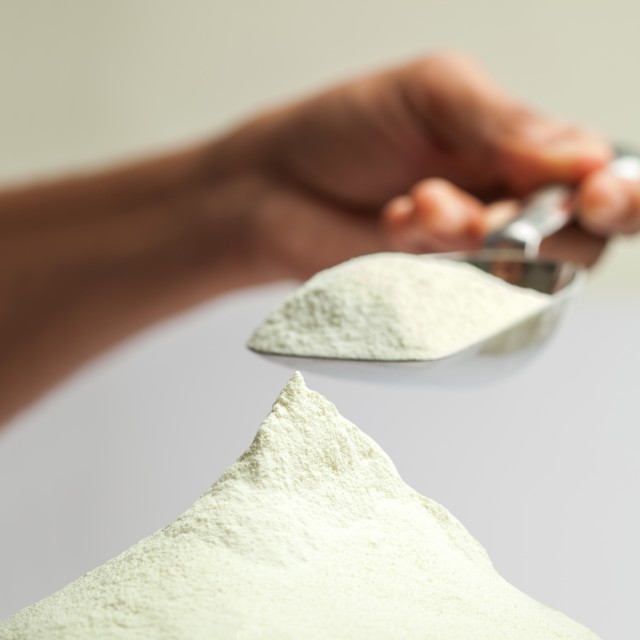3M Food Safety is offering the 3M Molecular Detection Assay 2 – Cronobacter that joins four other next generation assays (Salmonella, E. coli O157 [including H7], Listeria and Listeria monocytogenes) as part of the 3M Molecular Detection System pathogen testing platform.
Cronobacter species, formerly known as Enterobacter sakazakii, is a group of bacteria that naturally found in the environment that has been associated with contaminated powdered infant formula, causing severe and sometimes fatal infections in infants.
Cronobacter has been shown to persist up to two years in powdered infant formula.
Testing for Cronobacter in these products is required by the United States Food and Drug Administration (FDA), as well as in other countries.
Applicable to powdered infant formula with and without probiotics, raw materials used to manufacture powdered infant formula, infant cereals, and environmental samples, the test kit delivers results for samples between 10 g and 300 g in size and after 18 hours of enrichment.
In comparison to agar-based methods, the kit can save two to four days during the testing process, resulting in a faster outcome.
Users can employ a total solution to help maintain the safety of their products by using this new assay with the 3M Molecular Detection Assay 2 – Salmonella and the 3M Petrifilm EnterobacteriaceaeCount Plate.
This 3M Molecular Detection System platform is used by food processors, universities, governments and contract testing laboratories in more than 40 countries.
The 3M Molecular Detection System is powered by a combination of advanced technologies—isothermal DNA amplification and bioluminescence detection—to provide a pathogen testing solution that is fast, accurate, easy to use and affordable.










